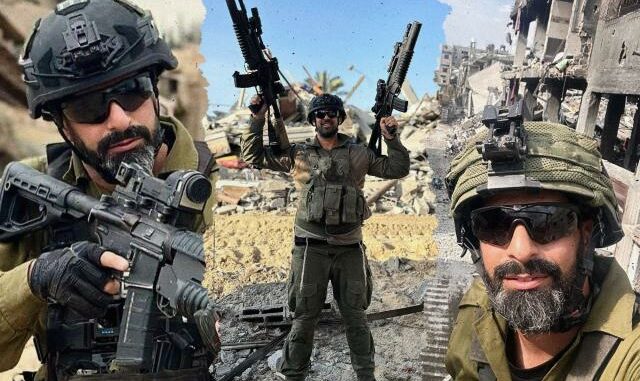
Recent events in Burkina Faso have ignited concerns about potential instability within the country’s military government. A devastating attack on an army base in Mansila, reportedly claiming over 100 soldiers’ lives, has become the focal point of widespread speculation about unrest in the security forces.
The incident, attributed to the jihadist group Jamaat Nusrat al-Islam wal-Muslimin (JNIM), was followed by an explosion near the state television headquarters in Ouagadougou. These events have fueled rumors of internal tensions within the military, which has governed the country since 2022.
Burkina Faso’s junta leader, Capt Ibrahim Traoré, appeared on state TV to address the situation, denying reports of mutiny. However, his delayed response and the government’s overall reticence about the attacks have raised eyebrows. The military’s press release dismissed claims of discontent as “unfounded and misleading information” spread by ill-intentioned individuals.
The public reaction has been mixed, with some criticizing the government’s handling of the security crisis, while others defend the junta against perceived external threats. The incidents have also highlighted the ongoing challenges Burkina Faso faces in combating Islamist insurgents, despite the military’s promises to end the jihadist threat.
These events coincide with deepening military ties between Burkina Faso and Russia, following the expulsion of French troops. The timing of the attacks, coming shortly after a visit by Russian Foreign Minister Sergei Lavrov, adds another layer of complexity to the situation.
As Burkina Faso grapples with these security challenges, the stability of its military government and its ability to effectively combat the insurgency remain critical concerns for the country and the wider Sahel region.
